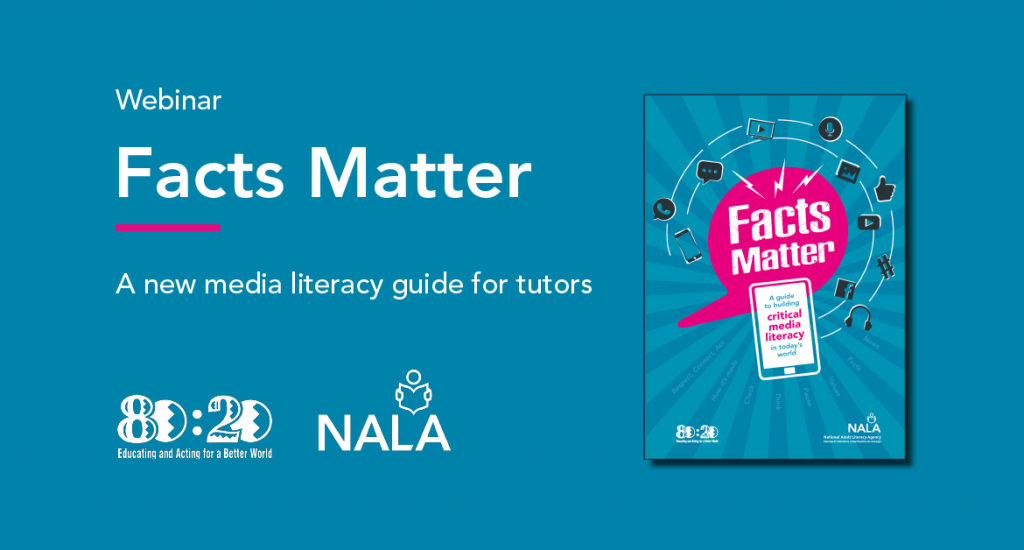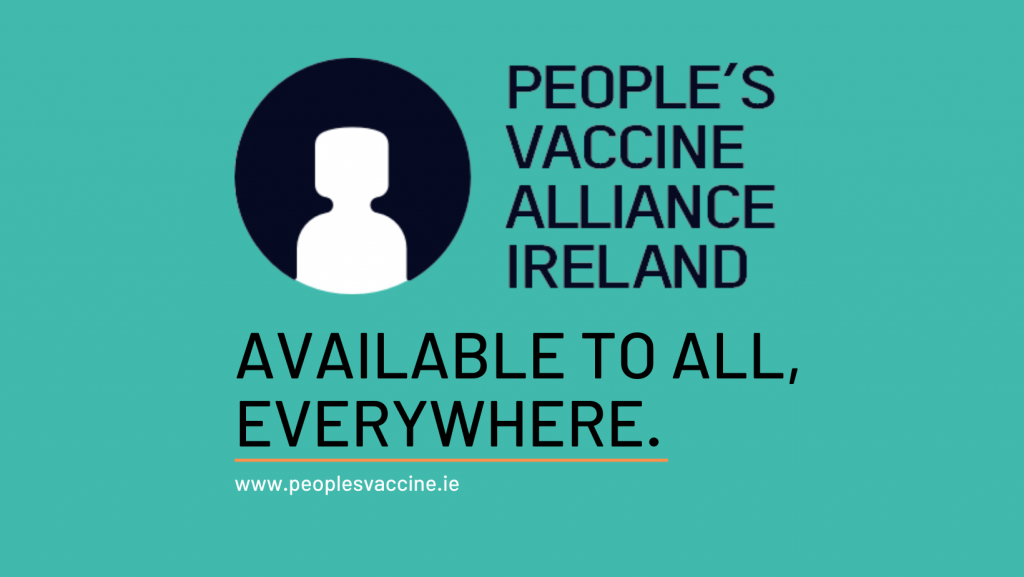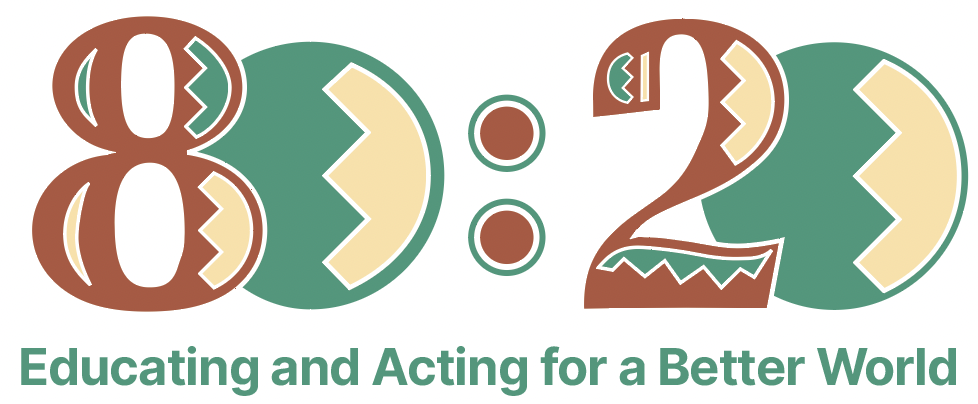We’re hiring – Education Projects Officer

80:20 Educating and Acting for a Better World is an independent non-governmental organisation. It promotes popular education on human development and human rights through education and action projects, research and partnership work. The Education Projects Officer is a new part-time position (4-days per week). The post requires energy, creativity and flexibility. In return, offers variety, […]
Education for critical conscience, now! 80:20 launches new 5-year strategic plan

Bray, Co. Wicklow – 80:20 Educating and Acting for a Better World is thrilled to announce the launch of its new strategic plan for 2024-2028. This 5-year roadmap is designed to amplify the 80:20’s impact, foster partnerships, and drive meaningful change in human rights education and advocacy. Through education, 80:20 envisions a world that is […]
Become a trustee of 80:20

80:20 Educating and Acting for a Better World is seeking a trustee. We are looking for individuals with proven knowledge and experience in several areas to join our growing Board of Trustees. For more information, see the vacancies page and Trustee information about this position. Closing date: November 29th, 2024 at 17:00 (Irish time). Note: […]
Questions Matter – training session

Date: Tuesday 5th September 2023 Time: 10am – 3pm Venue: Bray Adult Learning Centre, 1 Brennan’s Parade, Bray, Co. Wicklow, A98 D9X0 For: Adult education and literacy tutors in the Wicklow & Kildare region Session led by: Bray Area Partnership, the Bray Adult Learning Centre and the National Adult Literacy Agency (NALA) and 80:20 Educating […]
Media Literacy Ireland’s resource of the month

Media Literacy Ireland announced Facts Matter as its resource of the month in February 2023 – great news! 80:20 Educating and Acting for a Better World co-published Facts Matter: A Guide to Building Critical Media Literacy in Today’s World with the National Adult Literacy Agency (NALA), and the guide includes 10 lessons, 30 activities, 19 […]
Press release: Supporting adults to think critically, check facts and tackle misinformation

The National Adult Literacy Agency (NALA) and 80:20 Educating and Acting for a Better World launch Facts Matter: A Guide to Building Critical Media Literacy in Today’s World. It is Ireland’s first guide for adult literacy tutors on building critical media literacy for adults. Irish Aid supported the guide’s development. Launched as part of the UN International […]
80:20 joins The People’s Vaccine Alliance Ireland

As a member of the Alliance 80:20 will continue to challenge the fault lines of inequalities amplified under a global pandemic through our education and action work.
Join us! Graphic Design and Web Development Officer role

A new opportunity has opened in July. 80:20 Educating and Acting for a Better World is hiring a Graphic Design and a Web Development Officer. The roles available include a part-time position, with applications closing on Friday 30th July 2021. Join us, today. [GIF credit: GIPHY]
Join us! Trustees, Treasurer, Finance Administrator roles

A number of new opportunities have opened in May, including trustees, treasurer and finance administration roles in 80:20.
Valerie Lewis announced as chairperson of 80:20

80:20 Educating and Acting for a Better World announces education and curriculum specialist Valerie Lewis as the new chairperson of the human rights and development education non-governmental organisation
